Search Fellows
Click on a Fellow below to view more information or create your own search.
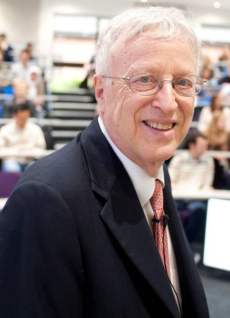
George A. Akerlof
RSF Nobelists
George Akerlof is the Daniel E. Koshland, Sr. Distinguished Professor Emeritus of Economics at the University of California, Berkeley, and University Professor at Georgetown University’s McCourt School of Public Policy. He was the Nobel Laureate in Economics in 2001 and the co-author of several books, including Animal Spirits: How Human Psychology Drives the Economy, and Why It Matters for Global Capitalism (2009) and Identity Economics: How Our Identities Shape Our Work, Wages, and Well-Being (2010).
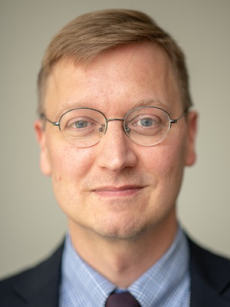
Douglas Almond
Columbia University
Visiting Scholar
2007 to 2008
Douglas Almond, Assistant Professor of Economics at Columbia University, will investigate the effect of early health on adult health and socioeconomic outcomes among African Americans. He will draw on his previous research on the long-term and intergenerational effects of two 1960s public policy health initiatives – the food stamps program and hospital desegregation – to determine whether and how such programs benefit people in the long run.
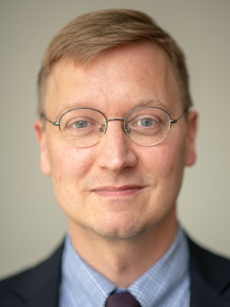
Douglas Almond
Columbia University
Visiting Scholar
2020 to 2021
Almond will use data from the Census Longitudinal Employer-Household Dynamics (LEHD) file to examine how childbirth affects women’s employment and earnings. Gender gaps in the labor market increasingly result from the different ways parenthood affects women’s and men’s careers.
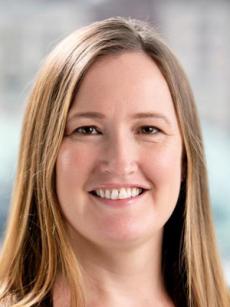
Elizabeth Ananat
Barnard College
Visiting Scholar
2022 to 2023
Ananat will analyze survey data from over 1,000 low-wage service workers with young children to understand their experiences during the COVID-19 pandemic. She will explore job and income changes, material hardships, and support from established and pandemic-specific government programs.
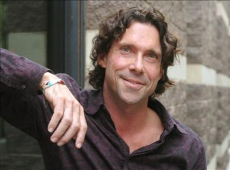
Robert Barsky
University of Michigan
Visiting Scholar
2005 to 2006
Robert Barsky, Professor of Economics at the University of Michigan, will examine the meaning and role of consumer confidence measures to determine whether sudden, unexplained shifts in consumer sentiment influence spending patterns and business cycles. He will look at why certain demographic groups display lower confidence in the future of the economy than others and will develop new survey questions to better gauge consumer attitudes.
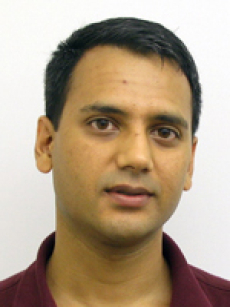
Saurabh Bhargava
Carnegie Mellon University
Visiting Scholar
2016 to 2017
Bhargava will study the factors which shape individual behavior in two areas of policy importance—the choice of health insurance and job searches among the unemployed. He will explore how consumers navigate increasingly complex health plan options and how policymakers can encourage financially sensible plan choices. He will also investigate the extent to which job seekers deviate from optimal job search behavior and how unemployment policies can be redesigned to better reflect the psychological impacts of job loss.
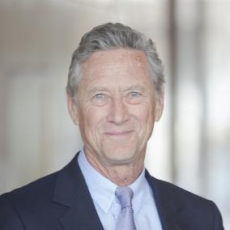
Olivier Blanchard
Massachusetts Institute of Technology
Visiting Scholar
2003 to 2004
Olivier J. Blanchard, chairman of economics at the Massachusetts Institute of Technology, will spend the spring semester at Russell Sage beginning a book on European unemployment. His book will consider micro- and macro- trends, as well as the wide differences in unemployment figures among European countries.

Francine D. Blau
Cornell University
Visiting Scholar
1999 to 2000
Francine D. Blau, professor of industrial and labor relations, and Lawrence M. Kahn, professor of labor economics and collective bargaining, both at Cornell University, will prepare an international study of labor market institutions (such as collective bargaining, unemployment insurance, and family leave) and their impact on labor market outcomes, including unemployment, wage trends, inequality, and women's pay.
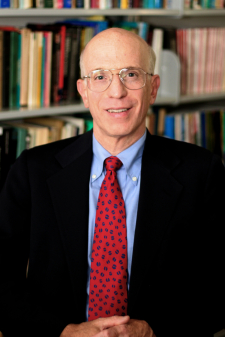
Alan S. Blinder
Princeton University
Visiting Scholar
2011 to 2012
Blinder will write a historical analysis of the 2007-08 financial crisis and the Great Recession. He will examine the origins of the crisis, including the slump in the housing market, the resulting freeze in the credit markets, and the contagion that spread to the entire economy. He will analyze how the crisis progressed and the extent of the damage, from historic unemployment levels to cascading bank failures. Blinder will conclude by assessing policy responses to the crisis, such as the fiscal stimulus bill, as well as the crisis’ longer term economic legacy.
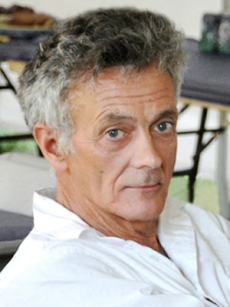
John Bound
University of Michigan
Visiting Scholar
2021 to 2022
Bound and Arline Geronimus will examine how stagnating economic prospects among moderate-income households impact increasing inequities in life expectancy. Their research project will test the weathering hypothesis, which indicates that structurally-rooted stress causes wear and tear on cellular integrity and thus accelerates biological aging, hastens the onset of chronic diseases, increases the incidence of disability, and causes excess death in affected individuals and communities.
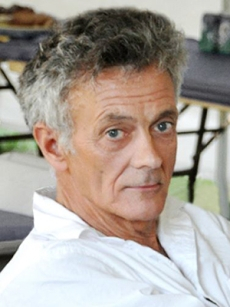
John Bound
University of Michigan
Visiting Scholar
1995 to 1996
John Bound, associate professor of economics, and associate research scientist at The Population Studies Center, University of Michigan, used census data to explore shifts in the demand for labor in various metropolitan regions and their effect on the earnings of various demographic groups, especially less-educated males. He found considerable geographic variation in labor demand and a general reluctance of the less educated to follow these shifts, which contributed to the deterioration of their earnings.
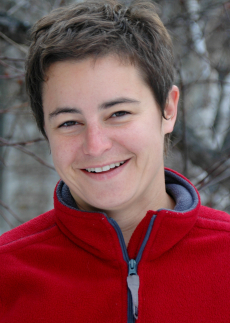
Leah Brooks
University of Toronto
Visiting Scholar
2009 to 2010
Leah Brooks, assistant professor of economics at the University of Toronto, will collaborate with Justin Phillips, assistant professor of political science at Columbia University, in a working group examining how neighborhood conditions and community organizations in Chicago, Los Angeles, and Detroit are related to the political processes behind city redistributive policies.
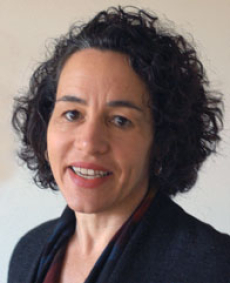
Maria Cancian
University of Wisconsin, Madison
Visiting Scholar
2001 to 2002
Maria Cancian, associate professor of economics at the Institute for Research on Poverty at University of Wisconsin, will explore the implications of Wisconsin's radical new approach to public assistance for low-income families: the Wisconsin Works (W-2). In addition to emphasizing work as a prerequisite for cash assistance, W-2 is unique in that it allows for a 100% "pass-through": participating parents may keep all child support paid on behalf of their children rather than return full or partial payment to the state.
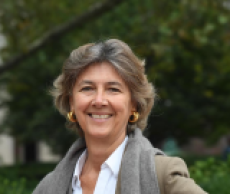
Alessandra Casella
Columbia University
Visiting Scholar
1997 to 1998
Alessandra Casella, associate professor of economics at Columbia University, completed an analysis of the integration of small, self-governed agencies within large-scale, anonymous economic markets. Her work illustrated the importance of personal ties in the economy, focusing on two groups in the realms of public finance and international trade: local government agencies formed to provide specific public goods, and ethnic-based private trading companies.
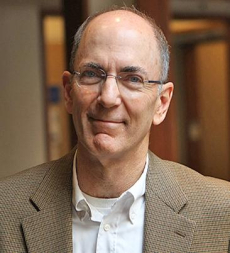
Charles Clotfelter
Duke University
Visiting Scholar
2005 to 2006
Charles Clotfelter, Z. Smith Reynolds Professor of Public Policy Studies and Professor of Economics, and Law at Duke University, will measure and analyze economic segregation in U.S. schools and compare it to patterns of racial segregation. In addition, he will examine student placement policies in North Carolina in an effort to account for the recent increase in racial segregation in the state’s schools.
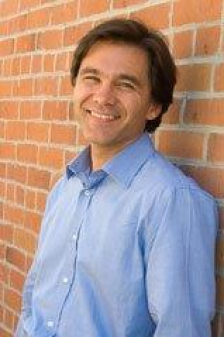
Miles Corak
University of Ottawa
Visiting Scholar
2013 to 2014
Corak along with Bruce Bradbury, Jane Waldfogel, and Elizabeth Washbrook will build upon a current RSF-funded comparative project on educational inequality. This working group will write a book on child development and public policies in four countries. They will analyze differences in school achievement among children of different socioeconomic status in Australia, Canada, the United Kingdom, and the United States.
Sean Corcoran
California State University
Visiting Scholar
2005 to 2006
Sean Corcoran, Assistant Professor of Economics at California State University-Sacramento, Thomas Romer, Professor of Politics and Public Affairs at Princeton University, and Howard Rosenthal, Professor of Politics at New York University, form a working group that will construct a comprehensive time-series database with demographic, political, and financial information on American school districts. While at the Foundation, they will use information from this database to begin writing a book about the political economy of financing U.S.
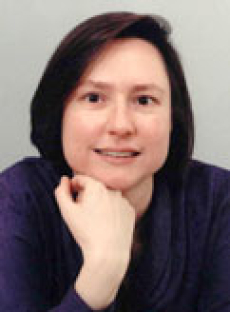
Dora L. Costa
Massachusetts Institute of Technology
Visiting Scholar
1999 to 2000
Dora L. Costa, associate professor of economics at the Massachusetts Institute of Technology, will document the long run evolution of American living standards from the mid-19th century to the present. Conventional thinking equates money income with well-being and economic growth with gains in living standards. Costa will adopt a more complete definition of living standards, measuring consumption, hours worked, and health.
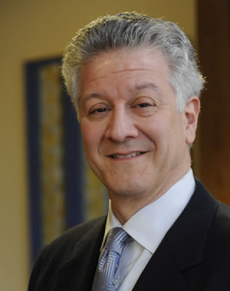
Sheldon Danziger
University of Michigan
Visiting Scholar
2002 to 2003
Sheldon Danziger, the Henry J. Meyer Collegiate Professor of Social Work and Public Policy at the Gerald R. Ford School of Public Policy, University of Michigan, and Sandra Danziger, associate professor of social work at the University of Michigan, will assess how the 1996 welfare reform has affected the work and well-being of single mothers and their families in a book entitled After Welfare: Toward a Work-Based Safety Net.
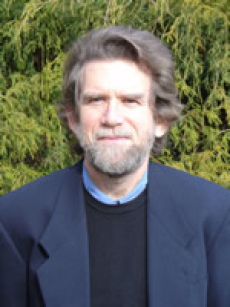
Gregory DeFreitas
Hofstra University
Visiting Scholar
1995 to 1996
Gregory DeFreitas, associate professor of economics at Hofstra University, studied the socioeconomic impact on urban youth of recent immigration. He analyzed data from a survey that examines the experiences and attitudes of New York City employers concerning their employment of youth, immigrants, and others. This analysis, along with a study of the evolution of urban youth employment since the mid-nineteenth century, will form the basis of a book.
Working Papers:
